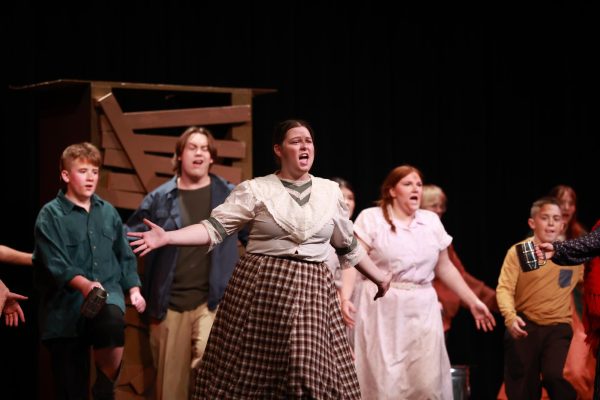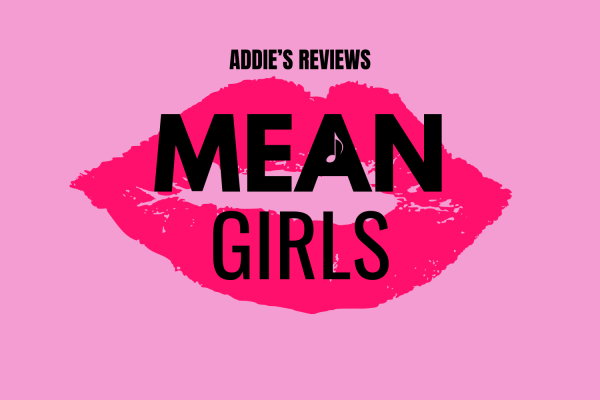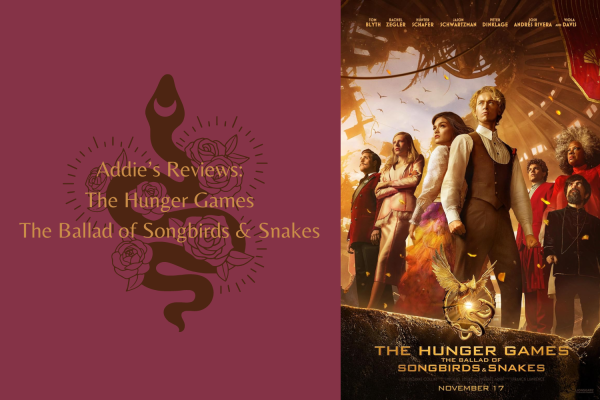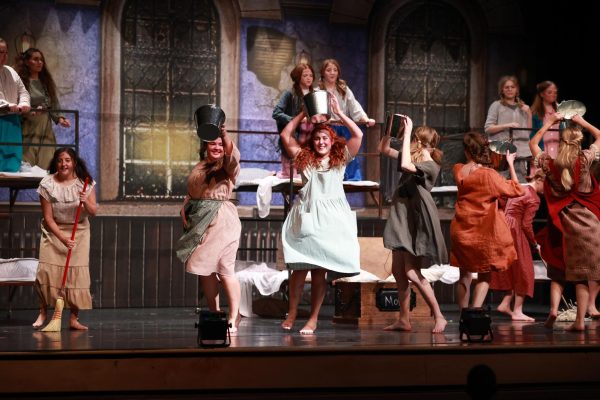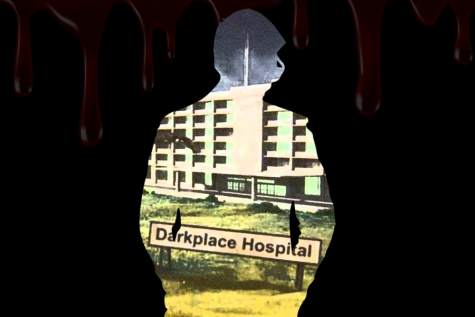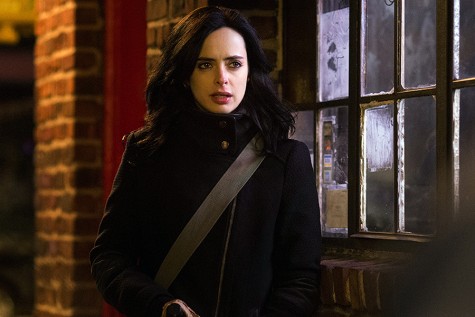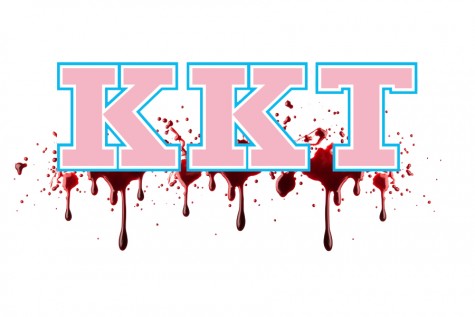‘Sherlock’ special abominably good
Sherlock’s iconic deerstalker, worn once again by the character in “The Abominable Bride.”
Sherlock Holmes once again sweeps about in his iconic Inverness cloak and deerstalker cap, while Doctor John Watson sports his original beautifully manicured mustache. Inspector Lestrade’s mutton-chop whiskers inspire the hopes of the beardless, and Mycroft Holmes is morbidly obese to the point of immobility. Best of all, snow drifts over a London overrun by hansom cabs, and the smiling face Sherlock shot into the wall of 221B has been replaced by the initials of Queen Victoria. Sherlock Holmes has once again returned to the nineteenth century, or so it would seem.
“The Abominable Bride” is a special episode of the popular BBC television series “Sherlock,” a modern adaptation of the classic mystery stories by Sir Arthur Conan Doyle. In “The Abominable Bride,” the show’s modern setting has largely been translated back to the Victorian era.
Benedict Cumberbatch once again demonstrates why he is the definitive Sherlock Holmes of today.
— Jaren Tankersley
The episode draws special attention to this change of setting, with close-up shots of props from throughout 221B Baker Street, multiple comments about both Holmes’s and Watson’s appearances, and incessant reference to the blinding sexism of the nineteenth century. This is justified, as all of these changes are very well done, and the beautiful cinematography suits the period well. However, drawing so much attention to the well-done Victorian setting may have been a mistake, as the special increasingly goes back and forward between modern times and the nineteenth century. “The Abominable Bride” was marketed as a return to Sherlock Holmes’s natural environment, and going from the 1800s to the 2010s may vex fans wishing to see a more traditional Holmes.
The slightly disappointing presence of modern Sherlock is more than made up for by the introduction of an element that previous episodes of “Sherlock” failed to include: Sherlock’s drug addiction. The Holmes of Conan Doyle’s stories abused substances often, as either a mental stimulant or substitute of mental activity. Both the original canon and the special portray this as one of Holmes’s fatal flaws, and it adds a layer of humanity to a character that can at times seem invincible.
Both the original canon and the special portray this as one of Holmes’s fatal flaws, and it adds a layer of humanity to a character that can at times seem invincible.
— Jaren Tankersley
Although handled well, the introduction of Sherlock’s addictions draws away from a very important element: the mystery. Sherlock Holmes stories were always meant to be whodunits, mystery stories that the observant reader could solve themselves. “The Abominable Bride” has few clues that any audience member could note, and something is lost when an adaptation of a mystery series chooses drama over mystery. However, “Sherlock” has always been more dramatic than mysterious, so this may be forgiven.
The lack of a good mystery is even easier to forgive as the writing in “The Abominable Bride” is of usual “Sherlock” quality, which is to say, superb. The Victorian setting allows the writers to use far more obvious book dialogue, and as a result, each character, Holmes and Watson especially, sound near identical to their literary counterparts. The plot is fascinating if not mysterious, and several characters get decent development.
The plot and characters could not stand without good actors, and the “Sherlock” cast are some of the best. Una Stubbs and director Mark Gatiss provide excellent support as Mrs. Hudson and Mycroft Holmes, and Andrew Scott is his usual brand of creepy in his role as Moriarty. Martin Freeman shines as an intelligent and complex Watson centered on keeping Sherlock safe from himself, while also adapting slightly to the new setting with some mild bumbling. Benedict Cumberbatch once again demonstrates why he is the definitive Sherlock Holmes of today, bringing a new edge of vulnerability to his “high functioning sociopath” portrayal of the character.
Plot, characters and cinematography are all drawn together by the beautiful score composed by David Arnold and Michael Price, especially the now iconic “Sherlock” theme. Each piece underlies the conjoining moment perfectly, demonstrating exactly what a soundtrack should sound like.
With all of the above named positive elements, there is so much right with “The Abominable Bride” that what little is wrong with it almost disappears, making for an engrossing, enjoyable must-watch for any fan of the great detective.

Salutations, I am Jaren Tankersley. I am a senior, and I am very excited to spend my third and final year on the Eagle’s Tale staff as Co-Editor-in-Chief. I am vice president of the class of 2018, vice president of our NHS chapter and vice president...



